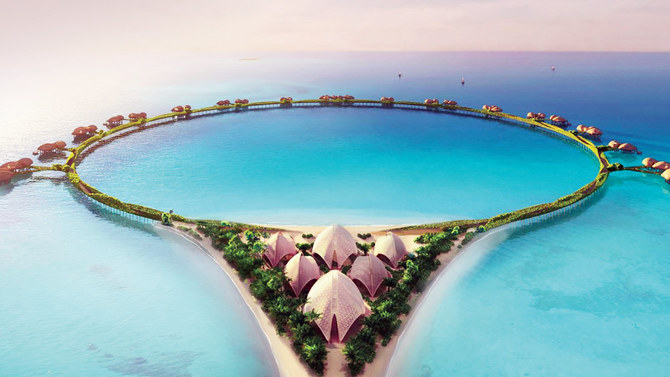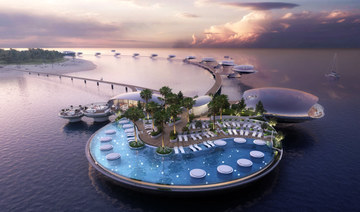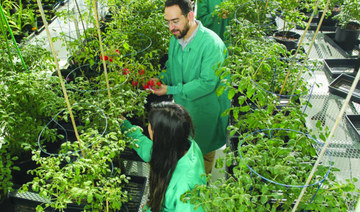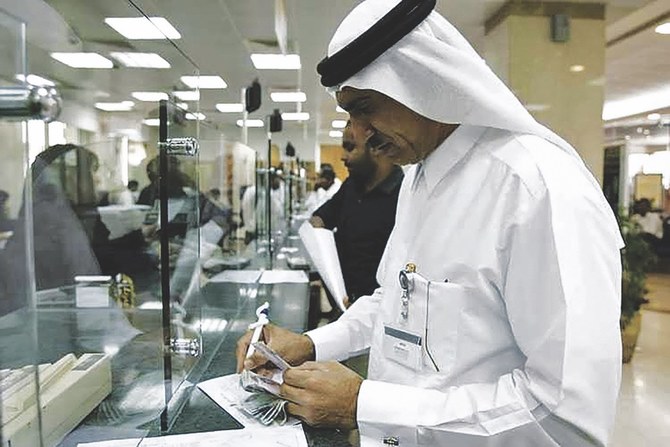RIYADH: The traditional concept of tourism is now radically changing as many countries are gradually and earnestly promoting and investing in sustainable travel.
But what is sustainable tourism, and why is there such a big hype among countries eager to attract tourists to their natural and untouched habitats?
According to the UN Environment Program and UN World Tourism Organization, sustainable tourism is defined as “tourism that takes full account of its current and future economic, social and environmental impacts, addressing the needs of visitors, the industry, the environment and host communities.”
To underline the importance of sustainable tourism, the UNWTO is holding its 116th session in Jeddah from June 7-8. The main theme naturally is sustainable tourism.
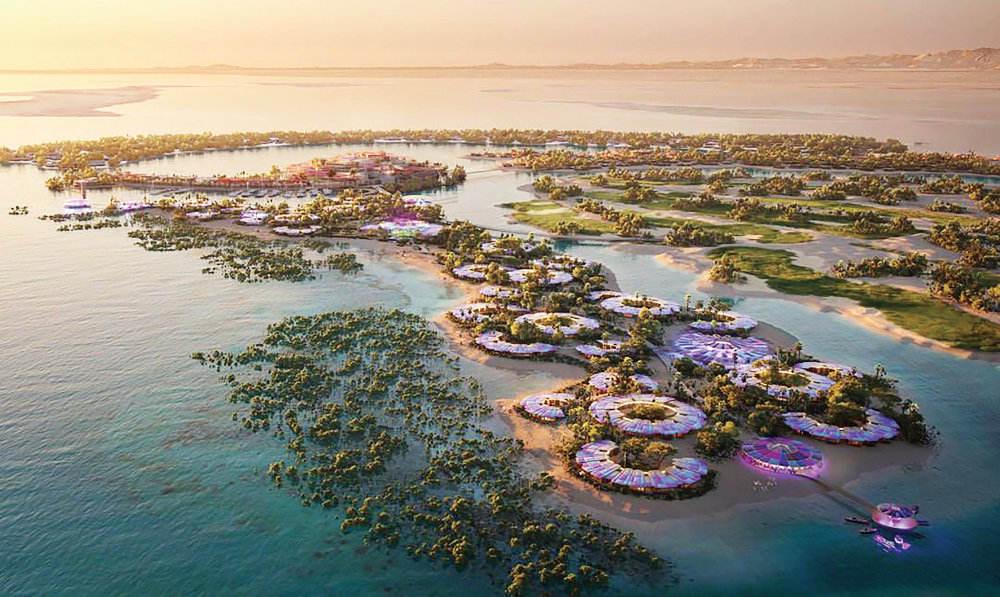
Proudly sharing TRSDC experience
The host country Saudi Arabia will surely highlight its achievement in enhancing and promoting sustainable tourism with special emphasis on the Kingdom’s pride — The Red Sea Development Co.
TRSDC plans to open three hotels this year and add 13 more by the end of 2023. The ambitious projects aim to create 120,000 jobs and add SR30 billion to the Kingdom’s gross domestic product, according to the company. Brands already on board include St Regis, Six Senses and more ultra-luxury hotel concepts focusing on sustainability.
The company has achieved an overall score of 91 out of 100 in last year’s environmental, social, and governance assessment by the Global Real Estate Sustainability Benchmark, beating the score of 84 it accomplished in its first-ever assessment in 2020.
In November 2021, the company was given the ESG Initiative of the Year award at The Chartered Governance Institute UK & Ireland’s 2021 Awards.
This followed TRSDC’s launch of its Good Governance Toolkit to guide other organizations in Saudi Arabia on best governance practices.
The company’s top executives realize that safeguarding and developing the landscape and shores of Saudi Arabia’s Red Sea is essential to attract tourists who appreciate the earth’s hidden natural treasure.
Not surprisingly, all hotels and sea resorts, both inland and on the islands, must comply with the strict environmental rules and conditions set by TRSDC.
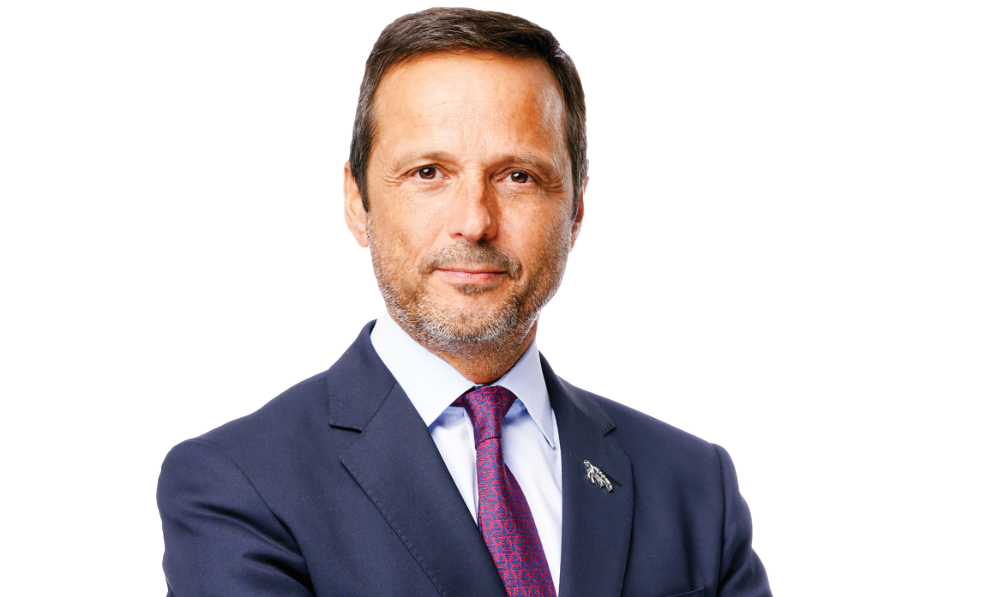
John Pagano, CEO of TRSDC
“Sustainability will set us apart… The Red Sea concept is all about building and working with nature,” said John Pagano, CEO of TRSDC, in an interview with Arab News. “Coral reef systems are there. For us, the goal is how to deliver what we need without impacting the environment. My visitors will get to truly immerse themselves in nature.”
AMAALA, under TRSDC’s directive, will also open eco-friendly resorts with an added focus on wellness. The project’s first phase, which includes nine resorts, aims to be complete by the end of 2024.
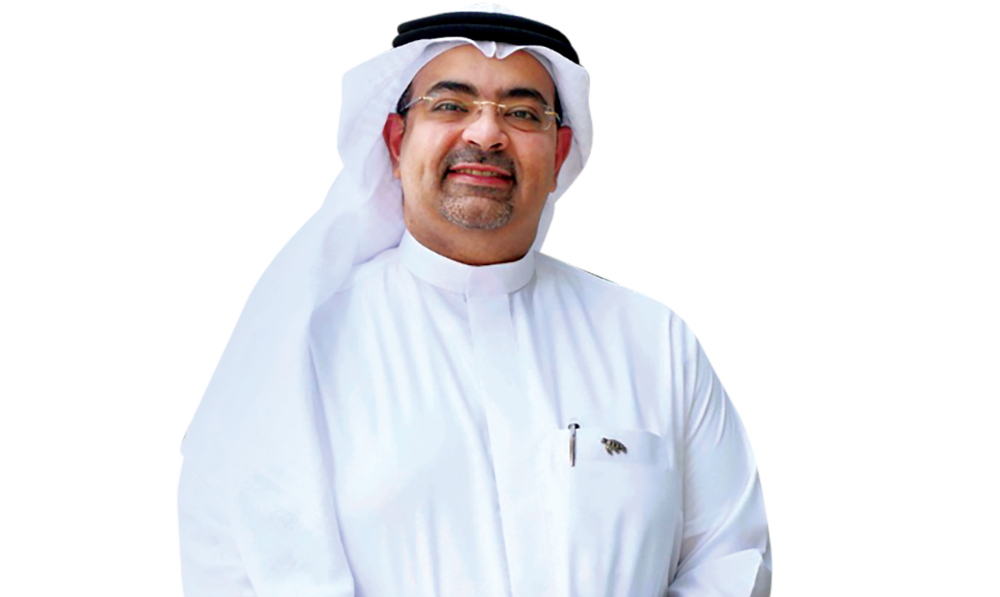
Ahmad Ghazi Darwish, chief administrative officer at TRSDC, AMAALA
It is a total focus on protecting the environment, Ahmad Ghazi Darwish, the chief administrative officer at TRSDC and AMAALA, commented.
TRSDC’s drive to meet sustainable tourism criteria
In its efforts to achieve environmental excellence, TRSDC developed an Environmental Management System, producing an EMS Manual in January 2021. The EMS was rolled out companywide by midyear 2021, supporting the company’s bid for The Red Sea Project to achieve ISO14001:2015 certification.
“TRSDC’s EMS is aimed at guiding and managing TRSDC’s activities with respect to the environment throughout the design, construction, and operational stages. The implementation of the EMS allows TRSDC to identify areas in need of improvement and actively work toward bettering them,” according to the company.
In 2021, the organization became one of the first companies in the Middle East to achieve the ISO 9001:2015 certification for quality management for the design and construction of assets.
TRSDC has also signed a memorandum of understanding with social investment company Ethmar and private foundation Ghoroos that will support TRSP’s social development objectives in numerous ways, including studying and implementing agricultural development opportunities in the project area and helping to strengthen community service and volunteer work initiative.
TRSDC partners with Red Sea Farms
The company has also partnered with Red Sea Farms, a Saudi Arabian ag-tech business, to develop a sustainable food supply for The Red Sea’s flagship destination using sunlight and saltwater.
Red Sea Farms will build and operate the indoor farm, growing crops to sustainably feed guests and residents at The Red Sea Project. It will become the main supplier to the luxury destination’s resorts and restaurants.
The innovative technology uses sunlight and saltwater to cool greenhouses and grows crops instead of relying on rainfall, fresh groundwater, or desalinated water. This saves up to 300 liters of fresh water per kilogram of produce — a 95 percent saving compared with other ag-tech systems. In addition, the technology has been designed and developed in the Kingdom for use in often challenging environmental conditions.
“This means a reduced impact on the environment and a significant cost saving for growers. It also results in more nutritious crops while also providing a richer taste, flavor and texture,” according to TRSDC.
Partnering with Blue Planet Ecosystem
The company’s endeavor to protect the Kingdom’s ecology was also climaxed by another MoU with Blue Planet Ecosystems in October 2021.
“The Land-based Automated Recirculating Aquaculture system works by replicating natural aquatic ecosystems in a modular and automated system. LARA converts carbon dioxide directly into chemical-free seafood using phyto and zooplankton as transitional stages. It is constructed of a tower of three horizontal units. The top unit uses the sun’s energy to grow microalgae which powers the entire system. The microalgae are then moved to the next unit, where it nourishes zooplankton. The zooplankton is then transported to the bottom unit, where it’s eaten by fish,” TRSDC explained.
It added that the project’s first phase would be implemented as a 3.500m2 pilot to assess whether conditions at TRSP are suitable for the solution to work effectively and efficiently. This will be the first LARA pilot in the Middle East to undergo a commercial trial.
Investing in renewable energy
Last year, TRSDC made great strides in its mission to build the world’s largest tourism spot powered by renewable energy on Saudi Arabia’s west coast.
In December 2021, a Saudi ACWA Power-led consortium secured $1.33 billion of financing to operate the renewable power-based multi-utilities infrastructure that will serve the site.
The multibillion-dollar project, based between Umluj and Al Wajh, covers 28,000 sq. km — an area the size of Belgium — which includes over 90 untouched islands, miles of desert dunes and mountain landscapes.



